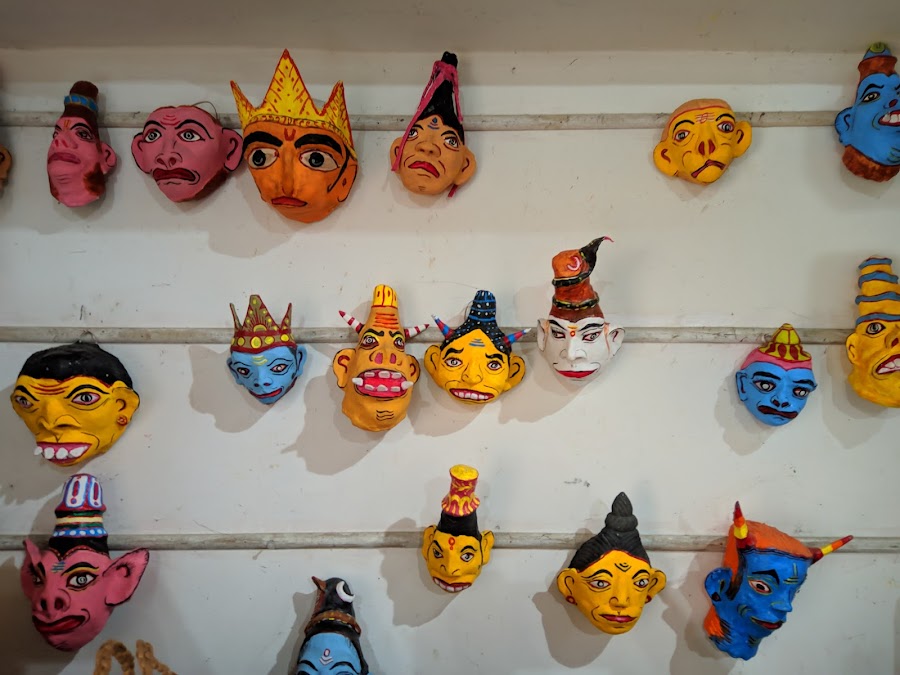
Mask Making Village
Majuli, India
- Explore the village
- Interact with local artisans
- Learn about mask significance
- Observe mask-making process
- Purchase handcrafted masks
Known for:
Description:
The Mask Making Village in Majuli is a unique cultural hub where traditional Assamese masks are crafted. These masks, primarily used in 'Bhaona' (traditional Assamese theatrical performances), are made using bamboo, clay, and cow dung, then painted with natural colors. Visitors can witness the intricate process of mask making, interact with the artisans, and learn about the significance of these masks in Assamese culture and mythology. The village offers a glimpse into the rich artistic heritage of Majuli and provides a memorable cultural experience. It's a must visit for anyone interested in traditional arts and crafts.
History:
Mask making in Majuli has a long history, deeply rooted in the Vaishnavite culture that flourished in the region. The tradition is said to have originated in the 15th century with the establishment of 'Satras' (monasteries) by the saint Srimanta Sankardeva. These masks were initially used in the 'Ankiya Naat' and 'Bhaona' performances, which were created to propagate religious and moral teachings through storytelling. Over centuries, the art has been passed down through generations, with each artisan adding their unique touch to the craft. The village has become a center for preserving this heritage, attracting visitors interested in traditional arts.